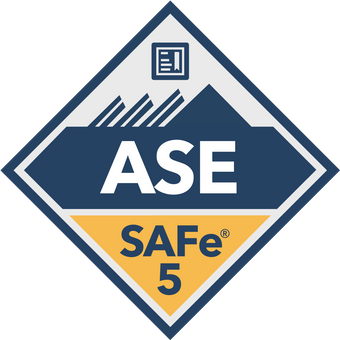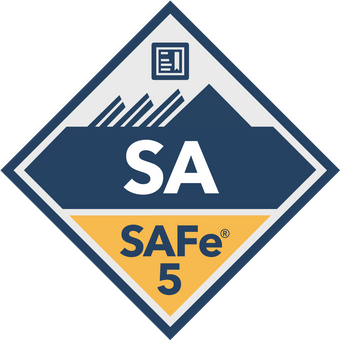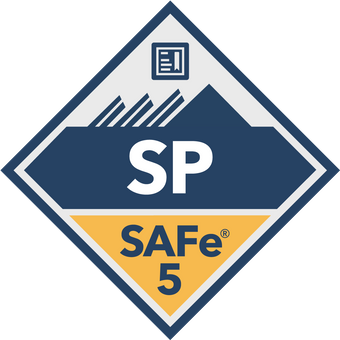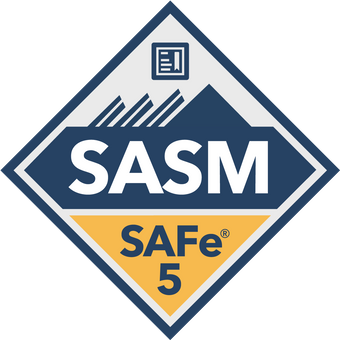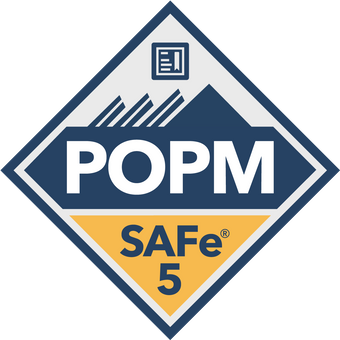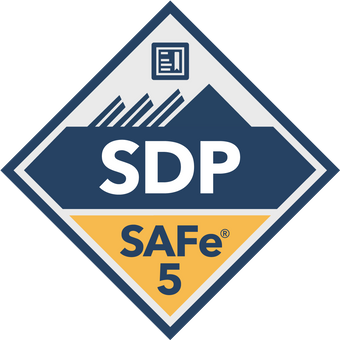In this course, attendees gain an understanding of the role of a Scrum Master in a SAFe enterprise. Unlike traditional Scrum Master training that focuses on the fundamentals of team-level Scrum, the SAFe Scrum Master course explores the role of the Scrum Master in the context of the entire enterprise, and prepares attendees to successfully plan and execute the Program Increment (PI), the primary enabler of alignment throughout all levels of a SAFe organization. This includes learning the key components of Agile at scale development, how Scrum is facilitated throughout the enterprise, and how to execute Iteration Planning.
Attendees discover how to build high performing Agile teams by becoming a servant leader and coach, and how to coach those teams to deliver the maximum business value at scale. SAFe 5 Scrum Master (SSM) certification signifies that people are prepared to perform the role of Scrum Master in a SAFe environment, increasing their value to teams and organizations that are implementing SAFe.
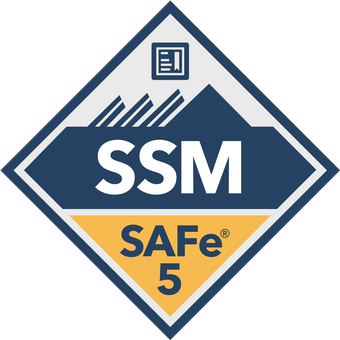
In this workshop style course, attendees gain the practical tools and techniques necessary to implement the Lean Portfolio Management functions of Strategy and Investment Funding, Agile Portfolio Operations and Lean Governance.
Participants in the course have the opportunity to capture the current and the future state of their portfolio with the Portfolio Canvas tool and identify important business initiatives for achieving the future state. Participants also explore methods to establish portfolio flow with the Portfolio Kanban and prioritize initiatives for maximum economic benefit. The course also provides insights on how to establish Value Stream Budgets and Lean Budget Guardrails and measure the Lean portfolio performance.
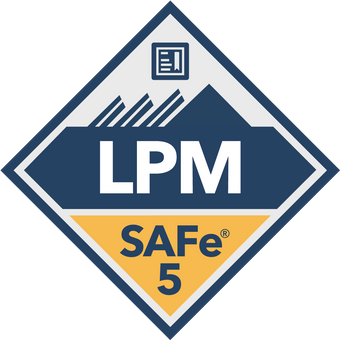
The discipline of software engineering has evolved with the introduction of Lean-Agile and DevOps principles and practices. New skills and approaches help organizations deliver software-centric solutions faster, more predictably, and with higher quality.
During this, workshop-oriented course, attendees learn the foundational principles and practices that make up the Agile Software Engineering discipline. Attendees learn how continuous flow of value delivery and built-in quality are enabled by modern practices including XP technical practices, Behavioral-Driven Development (BDD), and Test-Driven Development (TDD).
Attendees learn proven practices to detail, model, design, implement, verify, and validate stories in a SAFe Continuous Delivery Pipeline. They will know the practices that build quality into code (abstraction, encapsulation, intentional programming) and designs (SOLID, Design patterns). Attendees also understand how Software Engineering fits into the larger solution context and their role in collaborating on intentional architecture and DevOps.
